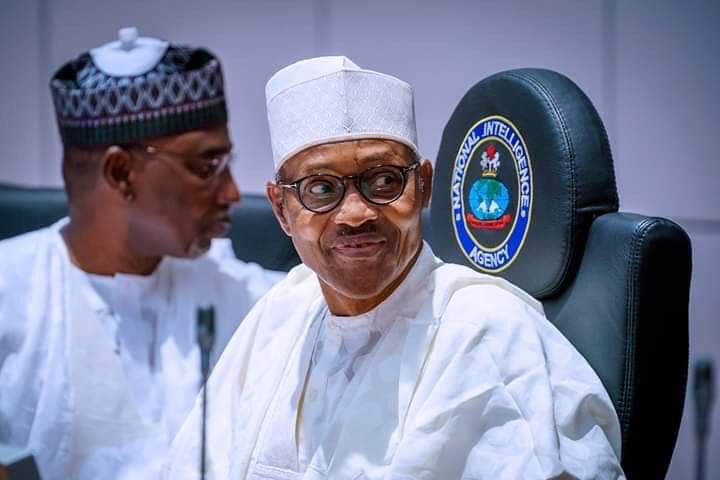Many decades ago, before Nigeria’s independence and its first military coup, a 35-year-old man, named Abubakar Tafawa Balewa was elected to the federal legislature. He later became a Minister of Works and then Chief Minister of the Republic while serving as Minister of Transportation at the time when Chief Obafemi Awolowo, Chief Samuel Akintola and Michael Okpara, all below the age of 40, were at the helm. Under him, both marine and railway departments were transformed and the design for the first Niger bridge and Kainji Dam were developed.
Now, many years after the military rule and 20 years of uninterrupted democracy, Nigerians voted a former military general as democratic president for the second time on 29th of May, 2019. His love for the country and mission to cleanse the system that was said to be rot for years, made Nigerians to entrust him with their mandates against the party that ruled for 16 years.
However, listening to the list of his (probably first) ministerial nominees read by the Senate President at Tuesday plenary, one was left dumb, with no answer to the question: Why were youths and women who have all the experience, competence and zeal and have sacrificed so much not well represented in the ‘next level’ ministerial list of someone who was military head of state in the 1980s at 40?
As an advocate of good governance and staunch supporter of youth inclusion in governance, I only drop my ink on what is good for this nation. Yes, we need the aged and the experienced with proven track record in public service participating in government, but they’ll be better as advisors. He who wants to continue to harvest, must constantly sow new seeds.
For instance, a number of the All Progressives Congress (APC) governors, like Abubakar Bagudu and Nasir el-Rufa’i, have earned respect in the eyes of the people for nothing other than gender and youth inclusiveness that recognizes competence over and above partisan affiliations. President Buhari can emulate them by bringing youths into his cabinet for the country to step to the next level. No nation ever develops without the contribution of the youths; a clear example is their activeness in the president’s campaign train mostly as social media frontiers.
For our country to move forward, we must build the culture of rewarding excellence. President Buhari’s ministerial list, even though comprising about two senior lawyers and some graduates, would have been better if it contained more professors and experts who have reached the peak of their careers than former governors, former ministers, party loyalists, senators that lost their return bids and people he knows personally. He could have scouted for outstanding Nigerians and youths at home or in the diaspora, who are full of ideas that can pilot the affairs of the country within a short period of time and not recycle the typewriter-age ones that were part of his inherited problems.
Despite President Buhari’s promise in March 2015 to implement the National Gender Policy of 2005 which stipulates 35% appointments for females, out of the 36 ministers in his first tenure, only six were females, which was slightly above 15%. In his next level ministerial list, seven out of 43 are females, list which is not in any way close to the prescribed percentage.
After his first election, President Buhari began a good fight with a double-edged sword against corrupt politicians and public office holders that looted what belonged to ‘everybody and to nobody’, but with people accused of corruption on his current ministerial list, one will wonder if the fight against corruption is real or just against those outside the camp of the president.
Age, competence, credibility and track record should be the parameters for every executive appointment not only at the federal level but also at other levels. President Buhari is not late and will remain my hero if he can review his nomination to evict the stained and bring more youths into his cabinet. The influence of youths can never be overemphasized. The gerontocrats are tired, it is time they are fired for the technocrats to carry on.
Bawa is a Kebbi-based youth activist. He can be reached via [email protected]

 Join Daily Trust WhatsApp Community For Quick Access To News and Happenings Around You.
Join Daily Trust WhatsApp Community For Quick Access To News and Happenings Around You.


